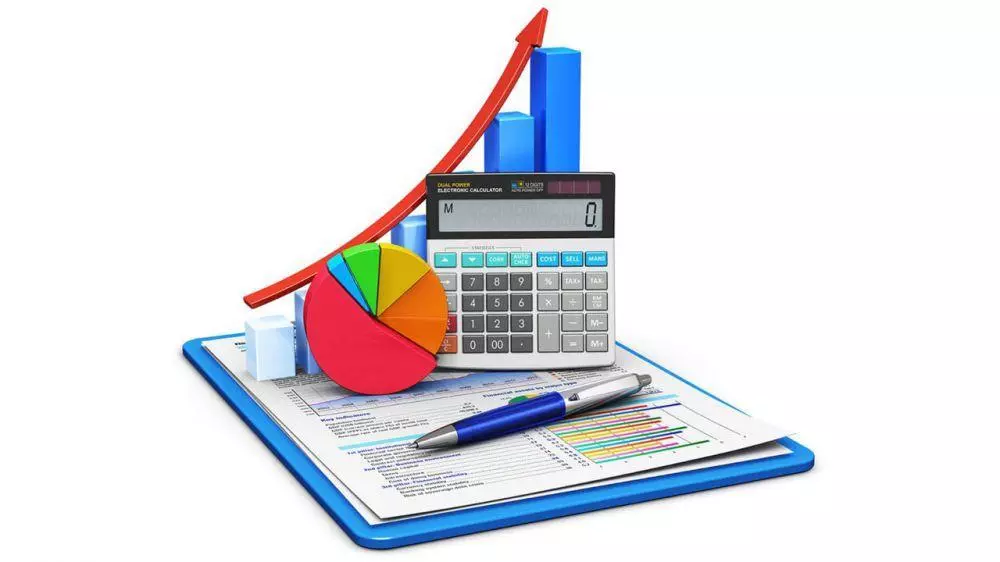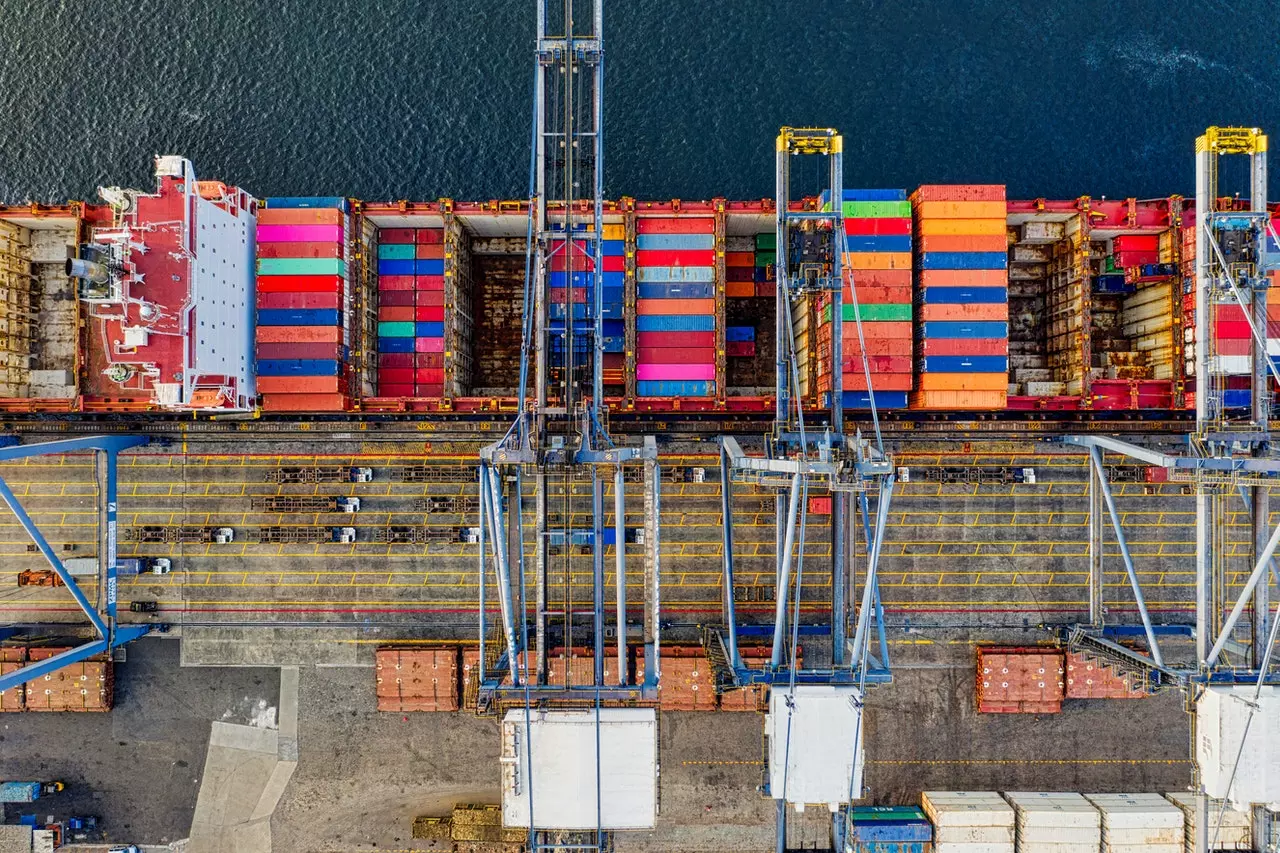Comments
- No comments found

The introduction of Goods and Services Tax (GST) brought about a transformative change in taxation systems across various economies.
When combined with the power of big data analytics, GST opens doors to a new realm of opportunities for governments, businesses, and consumers alike. This article explores the convergence of GST and big data, shedding light on the potential benefits, innovative applications, and far-reaching impact this synergy can have on economies and stakeholders.

Integrating big data analytics with GST enables tax authorities to collect and analyze massive volumes of transactional data in real time. This level of insight empowers governments to identify non-compliance, track irregularities, and swiftly take corrective actions, leading to a more efficient and effective tax collection process.
Big data's analytical capabilities enhance fraud detection and prevention within the GST framework. By analyzing patterns and anomalies across a wide range of transactions, tax authorities can pinpoint potential cases of tax evasion or fraudulent activities, safeguarding the fiscal health of the economy.
Utilizing historical data and predictive modeling, governments can forecast tax revenues with greater accuracy. This enables more informed financial planning, allowing governments to allocate resources strategically, fund essential services, and drive economic growth.
For businesses, the integration of big data with GST offers personalized insights into their financial operations. Analyzing transaction data can help businesses optimize their tax strategies, identify cost-saving opportunities, and make informed decisions aligned with their financial goals.

Big data analytics can provide real-time visibility into supply chains by analyzing GST transaction data. Businesses can track inventory movement, monitor production processes, and make agile decisions that enhance supply chain efficiency and reduce operational costs.
The combination of GST data and big data insights enables governments to understand consumer behavior patterns. This information can drive policy decisions, such as targeted tax incentives to encourage specific spending behaviors, thereby stimulating economic activity.
Governments can leverage big data to assess the impact of GST policies and make evidence-based adjustments. Data-driven insights help fine-tune taxation structures, streamline processes, and align policies with economic goals and societal needs.
The integration of GST and big data fosters better trade analytics, providing governments with a comprehensive view of import-export trends, trade imbalances, and economic relationships with trading partners. This insight aids in optimizing trade agreements and negotiations.
When harnessed effectively, the synergy between GST and big data has the potential to fuel economic growth. Improved tax administration, reduced tax evasion, and optimized policy decisions contribute to a healthier economic environment that fosters innovation, investment, and entrepreneurship.
While the integration of GST and big data offers substantial benefits, it also raises concerns related to data privacy, security, and governance. Striking a balance between leveraging data for economic progress and safeguarding individuals' privacy rights is crucial.

The convergence of GST and big data presents a transformative opportunity for governments, businesses, and consumers alike. Through efficient tax collection, enhanced compliance, informed decision-making, and innovative policy formulation, this synergy has the potential to reshape economies, drive growth, and foster a more transparent and dynamic fiscal landscape. As governments and businesses harness the power of data, they pave the way for a future characterized by smarter governance, optimized financial operations, and sustained economic prosperity.
Nikunj is the CEO of DataOne Innovation Labs. His company provides architectural solutions for big data problems faced by enterprises. His main areas of focus are real-time data processing, machine learning, NLP, cloud computing and high availability architecture design. Nikunj holds a master’s degree in Information Technology from the Dhirubhai Ambani Institute of Information and Communication Technology.
Leave your comments
Post comment as a guest